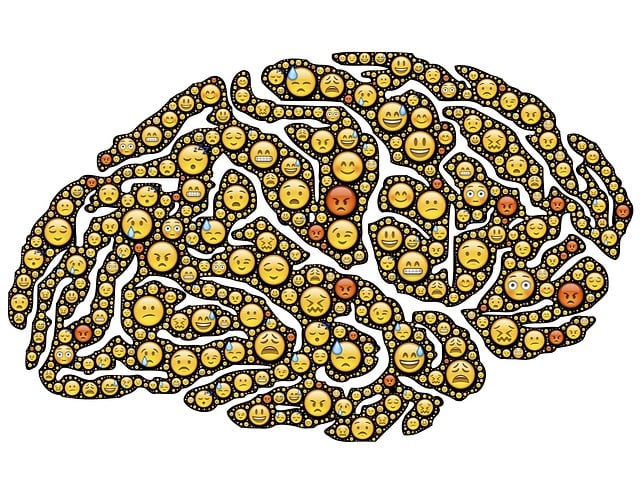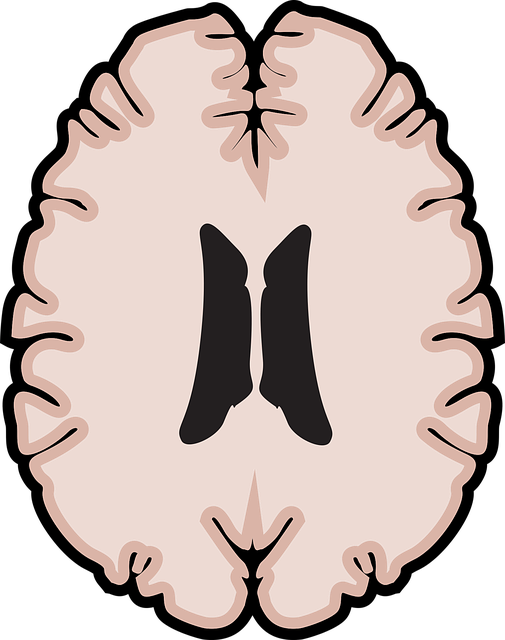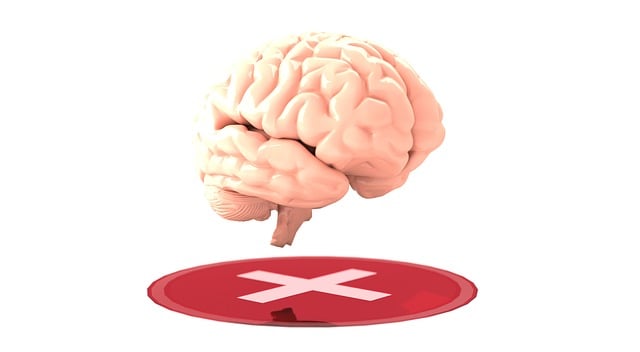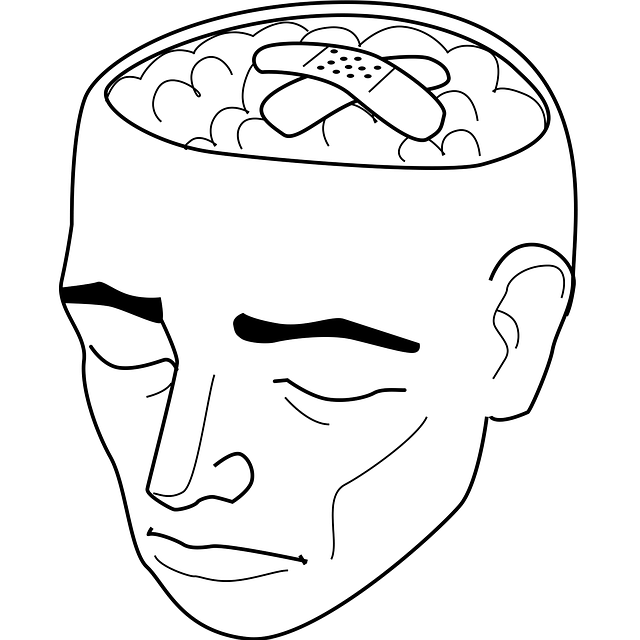Broomfield Psychosis Therapy (BPT) revolutionizes mental wellness by focusing on early intervention and personalized self-assessment. BPT encourages active participation in understanding mental health through cultural competency training for healthcare providers, addressing diverse communities' unique needs. The approach promotes timely help-seeking with innovative tools tailored to individual emotional complexities. Standardized questionnaires, self-reflection exercises, mindfulness, and coping skills development are integrated to enhance well-being. Tracking progress via feedback mechanisms enables data-driven improvements in therapy and policy advocacy. Continuous updates based on user feedback ensure BPT remains a cutting-edge, culturally sensitive resource for optimal mental health outcomes.
Mental wellness self-assessment tools play a crucial role in empowering individuals to take charge of their mental health. This article explores the development of such tools, focusing on the innovative Broomfield Psychosis Therapy approach. We delve into the need for personalized assessment frameworks, highlighting key components for effectiveness. By examining integrated feedback and data analysis, we reveal strategies for tracking progress. Furthermore, continuous improvement methods are discussed to enhance these tools, ultimately fostering better patient outcomes in mental health management.
- Understanding Mental Wellness Self-Assessment: The Broomfield Approach
- Identifying the Need for Personalized Tools in Therapy
- Key Components of an Effective Self-Assessment Framework
- Integrating Feedback and Data Analysis for Progress Tracking
- Continuous Improvement: Enhancing the Tool for Better Patient Outcomes
Understanding Mental Wellness Self-Assessment: The Broomfield Approach

Mental Wellness Self-Assessment tools play a pivotal role in promoting public awareness campaigns development and enhancing mental health awareness. One widely recognized approach is the Broomfield Psychosis Therapy, which focuses on early identification and intervention to prevent the progression of psychotic disorders. This method encourages individuals to take an active role in understanding their mental wellness through self-reflection and assessment. By educating people about the signs and symptoms of potential mental health issues, they can seek help promptly, thereby improving outcomes.
The Broomfield Psychosis Therapy approach emphasizes the importance of cultural competency among healthcare providers. Training in this area ensures that professionals are equipped to address diverse communities’ unique needs and challenges related to mental wellness. This strategy not only improves access to quality care but also fosters trust between healthcare providers and patients from various cultural backgrounds, encouraging open communication and accurate self-assessments.
Identifying the Need for Personalized Tools in Therapy

In today’s fast-paced world, the emphasis on mental wellness has grown increasingly significant, driving a need for personalized tools in therapy. Traditional approaches often fail to account for the unique complexities and variations among individuals’ emotional landscapes. Broomfield Psychosis Therapy recognizes this gap, aiming to develop innovative self-assessment tools tailored to each person’s specific needs. By understanding an individual’s emotional regulation mechanisms, therapists can create targeted interventions that foster better mental health awareness and overall wellness.
These customized tools are designed to facilitate a deeper exploration of one’s thoughts, feelings, and behaviors, enabling individuals to gain profound insights into their mental processes. Enhancing self-awareness is a cornerstone of effective therapy, as it empowers people to take charge of their emotional well-being. Through these personalized assessments, individuals can navigate their mental health journeys with greater clarity and purpose, ultimately leading to transformative results.
Key Components of an Effective Self-Assessment Framework

An effective self-assessment framework for mental wellness should encompass several key components to ensure it’s comprehensive and helpful. Firstly, it must include a range of standardized questionnaires tailored to various aspects of psychological well-being, such as anxiety, depression, stress management, and emotional resilience. These tools should be validated and reliable, providing an accurate picture of one’s mental health status.
Additionally, the framework should integrate self-reflection exercises that encourage individuals to explore their thoughts, feelings, and behaviors. Encouraging mindfulness meditation practices or coping skills development through structured activities can empower users to gain deeper insights into their mental wellness journey. Incorporating aspects like confidence boosting techniques might also prove beneficial, as building resilience is vital for maintaining good mental health. The inclusion of actionable feedback and personalized recommendations based on assessment outcomes further enhances the effectiveness of such a self-assessment tool, aligning with evidence-based practices like Broomfield Psychosis Therapy.
Integrating Feedback and Data Analysis for Progress Tracking

In the context of mental wellness self-assessment tools development, integrating feedback mechanisms is pivotal for tracking individual progress over time. Effective tools should allow users to reflect on their experiences and provide constructive input, fostering a continuous cycle of improvement. This two-way interaction enables users to identify areas that require additional support or strategies for coping with challenges, such as those often discussed in Broomfield Psychosis Therapy.
Data analysis plays a complementary role by quantifying trends and patterns emerging from user feedback. Through sophisticated analytics, mental health professionals can gain valuable insights into common struggles, successful interventions, and potential burnouts within the user community. This information is crucial for tailoring therapeutic approaches, enhancing Healthcare Provider Cultural Competency Training, and shaping evidence-based Mental Health Policy Analysis and Advocacy efforts to better address collective mental wellness needs.
Continuous Improvement: Enhancing the Tool for Better Patient Outcomes

Continuous improvement is a cornerstone when developing and refining mental wellness self-assessment tools like Broomfield Psychosis Therapy. As with any effective therapy or program, feedback from users plays a pivotal role in enhancing its outcomes. This involves actively listening to patient experiences and incorporating their insights to create a more tailored and accessible tool. For instance, integrating cultural sensitivity in mental healthcare practice can broaden the tool’s effectiveness, ensuring it resonates with diverse user groups.
Additionally, the tool should evolve to meet the dynamic needs of individuals seeking mental health support. Incorporating features for Stress Management, as part of Mental Health Education Programs Design, allows for a more comprehensive assessment and intervention strategy. Regular updates based on user feedback and emerging research in mental wellness can ensure the tool remains relevant, accurate, and beneficial, ultimately contributing to improved patient outcomes.
The development of personalized mental wellness self-assessment tools, as exemplified by the Broomfield Approach, is a transformative step in psychotherapy. By focusing on individual needs and integrating feedback mechanisms, these tools offer a dynamic framework for tracking progress and enhancing patient outcomes. As technology advances, continuous improvement in these assessments, drawing from data analysis, will play a pivotal role in revolutionizing mental health care, making it more accessible, effective, and tailored to each patient’s unique journey, even beyond the confines of traditional Broomfield Psychosis Therapy.













